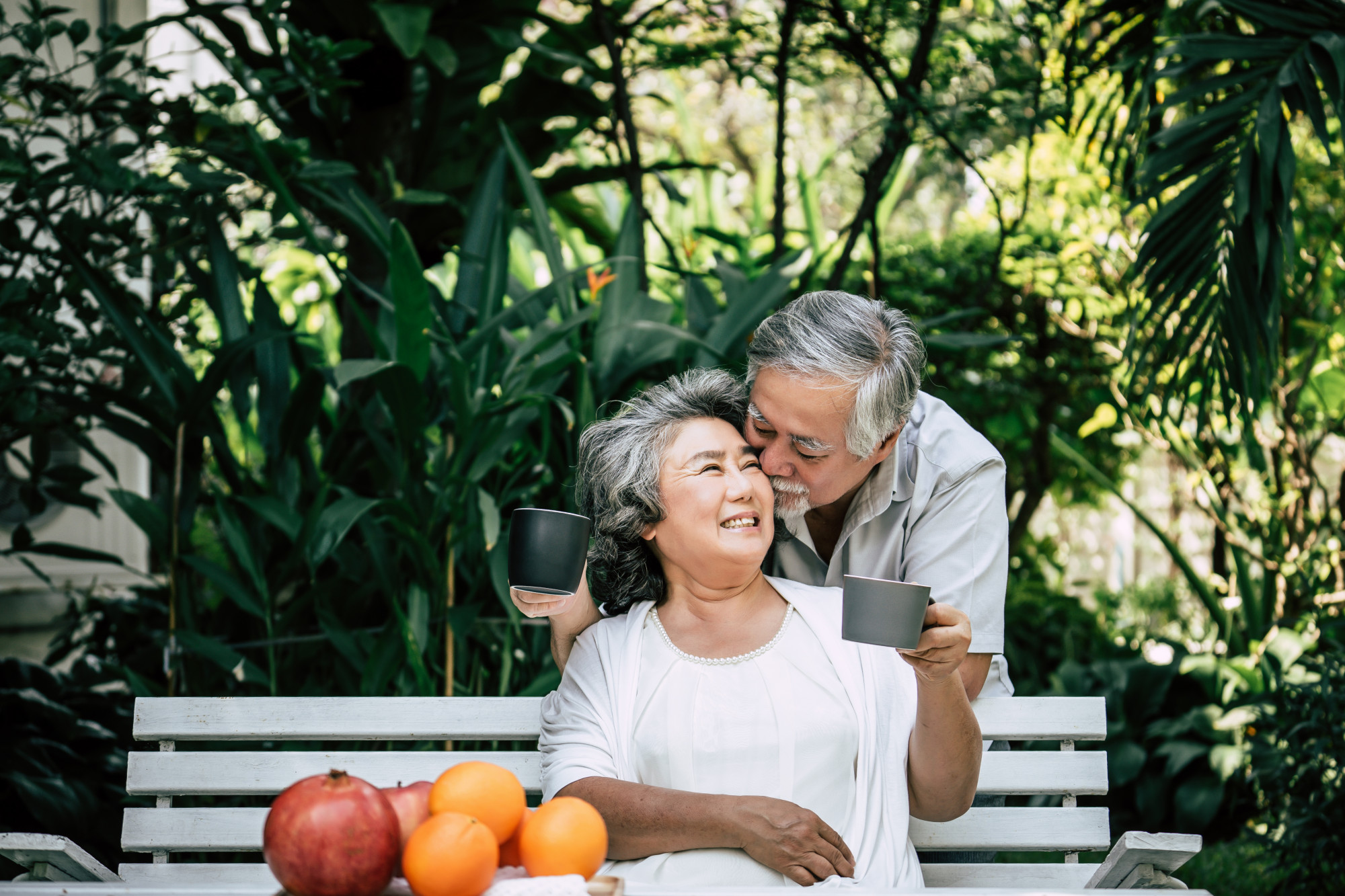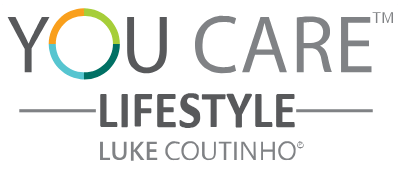Did you know, over the last five decades, the population of elderly citizens (aged 60 and above) has nearly tripled, as documented by the Government of India in 2011. This trend is far from slowing down. Projections indicate that the proportion of Indians aged 60 and older will surge from 7.5% in 2010 to 11.1% by 2025. (NIH)
While aging is a natural process, there is an alarming rise in early aging, particularly among younger generations. With modern lifestyle choices contributing significantly, understanding the causes and taking actionable steps can make a huge difference.
What Is Early Aging?
Early aging, also known as premature aging, occurs when the natural signs of aging appear sooner than expected. Essentially, it means your body begins to show age-related changes earlier than it should, making you look or feel older than your actual age.
Common signs of early aging include:
- Skin Changes: Wrinkles, age spots, dryness, loss of elasticity, hyperpigmentation around the chest, and sagging skin.
- Hair Concerns: Premature graying or hair loss.
- Facial Features: A gaunt appearance, including sunken cheeks and a loss of facial volume.
These signs are often influenced by a combination of genetic factors and external triggers, such as lifestyle choices and environmental exposure.
Table of Contents
Why Is Early Aging on the Rise?
Early aging, or premature aging, is becoming increasingly common, especially in urban India. Here’s why:
- Chronic Stress: Prolonged stress increases cortisol levels, which accelerates cellular damage and inflammation, a key factor in early aging.
- Screen Time and Sleep Deprivation: Late-night social media scrolling disrupts circadian rhythms, leading to poor-quality sleep and impaired skin repair.
- Dietary Choices: A diet high in processed foods, refined sugars, and unhealthy fats triggers glycation and systemic inflammation, both of which fast-track aging.
- Pollution and Toxins: Constant exposure to environmental pollutants and heavy metals exacerbates oxidative stress, damaging skin and internal organs.
- Sedentary Lifestyles: Lack of physical activity slows metabolism, reduces muscle mass, and impairs circulation, all of which contribute to premature aging.
5 Effective Tips to Combat Early Aging

Pic Credits: Freepik
To manage early aging, small, consistent lifestyle adjustments can work wonders. Here are 5 practical tips:
- Quit Smoking: Smoking accelerates aging by breaking down collagen and reducing skin elasticity. Seek support from a healthcare provider if you need help quitting.
- Focus on a Nutrient-Dense Diet: Include plenty of fruits, vegetables, and whole foods in your meals. Avoid excessive sugar and refined carbohydrates to reduce glycation and inflammation.
- Reduce Alcohol Consumption: Alcohol dehydrates your skin and causes premature aging. Cutting back can help improve skin health and overall vitality.
- Maintain a Healthy Lifestyle: Regular exercise boosts circulation and supports cellular health. Prioritize sleep by aiming for 7–8 hours of quality rest, and manage stress through techniques like meditation and yoga.
- Adopt Anti-Inflammatory Practices: Incorporate stress-reducing activities like yoga, meditation, or deep breathing exercises. These practices lower cortisol levels and help maintain hormonal balance.
5 Foods to Help Prevent Early Aging
What you eat plays a pivotal role in your skin, energy levels, and overall vitality. Here are five powerhouse foods to include in your daily diet:
1. Extra Virgin Olive Oil: The Elixir for Youthful Skin
Rich in monounsaturated fats and powerful antioxidants, extra virgin olive oil is a staple to combat early aging. Monounsaturated fats combat inflammation and oxidative stress, both of which contribute to skin aging and chronic illnesses like heart disease and diabetes. The antioxidants in extra virgin olive oil, such as tocopherols and phenolic compounds, shield your skin from free radicals and preserve collagen, reducing wrinkles and dryness.
2. Green Tea: The Antioxidant Powerhouse
Green tea is more than just a soothing drink; it’s a beauty elixir loaded with polyphenols, which protect your cells from free radical damage. These antioxidants help reduce inflammation, protect against UV damage, and support skin elasticity. Additionally, green tea boosts metabolism and brain health, making it a holistic choice for aging well.
3. Flaxseeds: Nature’s Hydration Boost
Flaxseeds pack a triple punch with their omega-3 fatty acids, lignans, and fiber content. Omega-3s strengthen skin membranes, helping your skin stay hydrated and plump. Lignans, a type of antioxidant, can lower the risk of heart disease and hormone-related cancers, while the fiber promotes a healthy gut, crucial for overall vitality.
4. Pomegranates: The Skin’s Best Friend
Pomegranates are packed with potent antioxidants like flavonols and tannins, which protect your skin from UV damage and promote collagen production. This fruit’s high vitamin C content helps combat hyperpigmentation and brown spots caused by sun exposure. Plus, the potassium in pomegranates supports heart health, ensuring a vibrant, active life.
5. Tomatoes: A Lycopene-Rich Shield Against Aging
Tomatoes owe their vibrant red hue to lycopene, a carotenoid with powerful antioxidant properties. Lycopene not only reduces the risk of chronic diseases but also protects your skin from sun damage and supports collagen health. Studies have even shown that lycopene, combined with other antioxidants, can improve skin texture and reduce wrinkles.
Your Path to Tackling Early Aging
Early aging is a reflection of modern-day lifestyle choices, but it’s never too late to make a change. By addressing root causes like poor sleep, stress, and diet, and incorporating these super tips and foods, you can slow down the clock naturally.
For more personalized tips and products to support your journey, explore our special corner for all things aging.
Disclaimer: This content is for informational purposes only and is not a substitute for professional medical advice, diagnosis, or treatment. Always consult your healthcare provider before trying any new food items, supplements, or products, especially if you have an existing medical condition or allergies.
You can reach out to us for expert assistance at +917059700700
Or write to us at [email protected]
Do you have any questions? Feel free to drop them in the comment box below.
References:
Uribarri, J., Woodruff, S., Goodman, S., Cai, W., Chen, X., Pyzik, R., Yong, A., Striker, G. E., & Vlassara, H. (2010). Advanced glycation end products in foods and a practical guide to their reduction in the diet. Journal of the American Dietetic Association, 110(6), 911–916.e12.
Abir, M. H., Mahamud, A. G. M. S. U., Tonny, S. H., Anu, M. S., Hossain, K. H. S., Protic, I. A., Khan, M. S. U., Baroi, A., Moni, A., & Uddin, M. J. (2023). Pharmacological potentials of lycopene against aging and aging-related disorders: A review. Food Science & Nutrition, 11(10), 5701–5735
Chaikul, P., Sripisut, T., Chanpirom, S., & Ditthawutthikul, N. (2020). Anti-skin aging activities of green tea (Camellia sinensis (L.) Kuntze) in B16F10 melanoma cells and human skin fibroblasts. European Journal of Integrative Medicine, 40, 101212
Serreli, G., & Deiana, M. (2020). Extra virgin olive oil polyphenols: Modulation of cellular pathways related to oxidant species and inflammation in aging. Cells, 9(2), 478




Comments